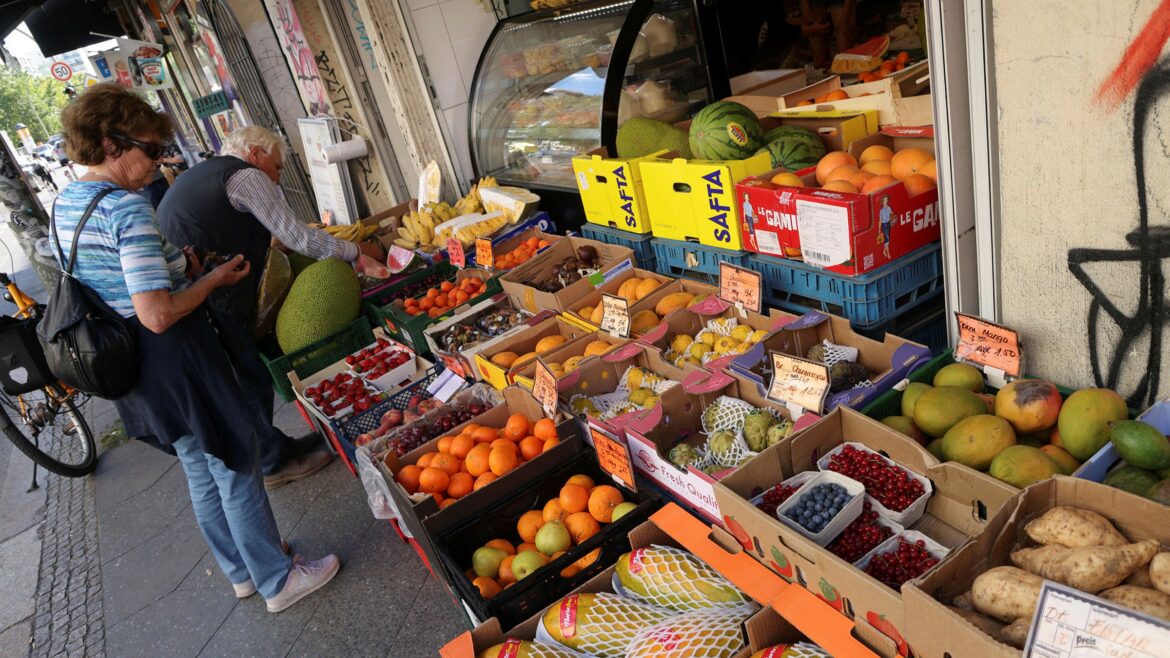Growth in food costs continues despite low energy prices. That was reason enough for unorthodox interventions in the markets by politicians in an attempt to calm public anger, according to the Financial Times.
The rate of increase in food prices in the EU more than doubled the inflation rate, as prices increased by 16.6%, while the headline inflation rate was only 8.1%.
The main increases in food prices were in sugar by 54.9%, whole milk by 25%, and eggs by 22.7%.
A general pattern of rising prices in the Western world is something we haven’t seen since the 1970s. As the Swedish economist Lars Gunung said.
Among Government-level acts to reduce the effects of rising food prices, Eastern and Central European States, most affected by the crisis, have moved to reduce and cap the cost of essentials to protect the most vulnerable in Croatia and Hungary.
Greece went the other way in dealing with the crisis, capping retailers’ profit margins on commodities.
On the level of major economies major economies, France has been in negotiations with supermarkets to offer a package of goods at the lowest possible price, while Spain has reduced the value-added tax on food, while the government in Italy faces pressure over the price of beloved food goods, mainly pasta.
On the other hand, the pressure on retailers to stick to higher prices has been exacerbated by the sharp decline in the cost of agricultural commodities over the past year. The UN food price index decreased by 19.7% in April, compared to the same month last year.
However, retailers say they are not responsible for creating the crisis and that, far from manipulating prices, they are forced to shoulder the burden of capped goods.
The World Bank encouraged European governments to undertake policy interventions and more social safety nets to support those suffering from a cost-of-living crisis, but the Bank stressed that subsidies and price controls are suboptimal, distorting price signals for consumers and producers.
Economists worry that policymakers will continue to resort to even ineffective price caps, just to appease pressure from shoppers who have been hurt by price jumps.


